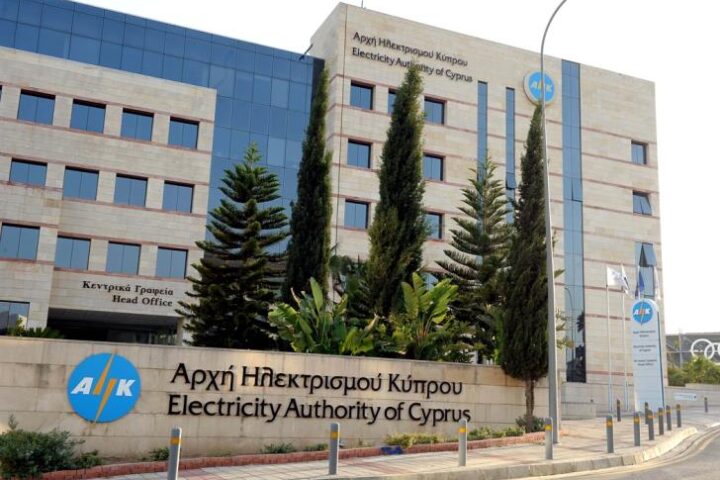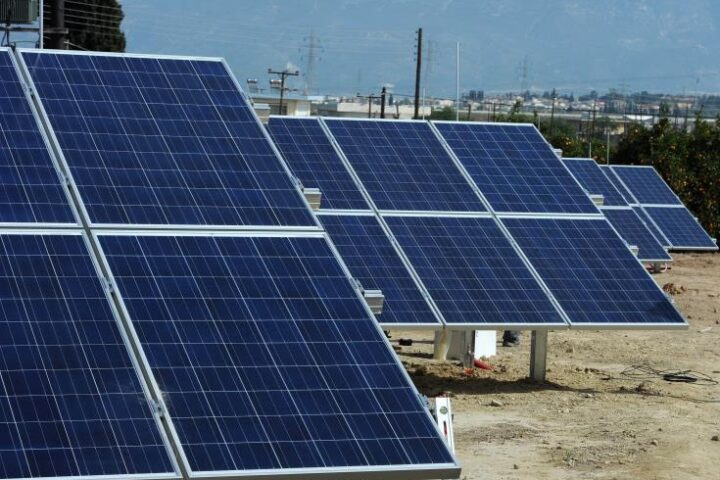The Cabinet decided to reduce VAT to 5% from 19% on Electricity Authority of Cyprus (EAC) bills for low-income households to mitigate the burden of energy price hikes.
Energy Minister Natasa Pilides said Thursday’s decision would be in place for the next six months.
She said the government used the European Commission toolkit to offer relief to the population from the increase in electricity prices; thus, it has decided to reduce the VAT on electricity consumption for vulnerable households from 19% to 5% for six months.
“We have decided on a significant reduction which will further support vulnerable households and, of course, will be in addition to other measures such as the 10% reduction in electricity bills that applies for the next four months,” Pilides said.
The measure needs approval from the European Commission and implemented after the approval.
Pilides also said her ministry would proceed with announcing a €5 mln scheme for vulnerable consumers to subsidize the replacement of energy-intensive house appliances such as air conditioners, refrigerators and washing machines, with new high-energy products.
At the same time, the ministry will continue installing photovoltaics, including virtual net-metering, for consumers who cannot due to technical constraints and limited space.
In 2022 the ministry will announce a big project for both businesses and households worth €80 mln.
Finance Minister Constantinos Petrides said: “Cyprus was one of the first governments that have taken drastic measures to help citizens with the current inflationary wave,” referring to the general reduction of the price of electricity by 10%.
He also referred to the automatic wage indexation (COLA), which will cost the state about €70 mln an increase of wages, allowances and pensions to compensate employees for the inflation increase.
“We have looked at the recent tools provided by the European Commission, which should be targeted to assist vulnerable groups further.
“With these measures, I believe that Cyprus, in proportion to its population, is the country that has taken the most drastic fiscal measures to help our vulnerable and fellow citizens in general.”
Fuel prices
Asked whether there was any thought of imposing a ceiling on fuel prices, Pilides said her ministry was monitoring the issue.
Next year, a newly upgraded platform of the Consumer Protection Service will be launched to see whether a price ceiling is justified.
“At this stage, our data show that Cyprus is in a better position than the rest of the EU, due to the imposition of lower fuel taxes.”
Petrides said Cyprus has the third-lowest taxation on the price of fuel and oil, while it’s one of the few countries with a targeted heating oil subsidy plan for residents of mountainous areas.









